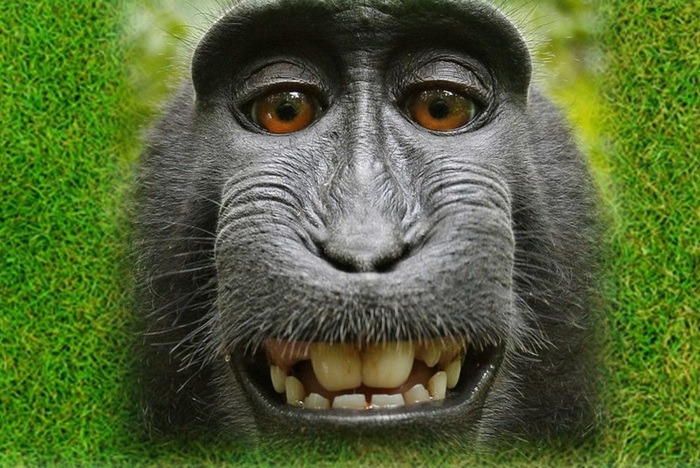Monkeys also possess a certain sense of humor, similar to that shown by children as early as 8 months: all four great apes, orangutans, chimpanzees, bonobos and gorillas, engage in playful teasing behaviors, provoking 'other with playful teasing to attract attention and induce him to respond in some way, just as children enjoy offering and then denying objects or disturbing their parents' activities in some way.
The confirmation comes from the study published in the journal Proceedings of the Royal Society B and led by the University of California in Los Angeles, which indicates that this type of behavior must have already evolved in the last common ancestor of humans and monkeys, at least 13 million from years ago.
Joking is an important part of human interactions and has much in common with playful teasing, which is in fact considered, from a cognitive point of view, a precursor to joking.
Researchers led by Isabelle Laumer therefore went in search of this behavior in orangutans, chimpanzees, bonobos and gorillas: "Great apes are excellent candidates for playful teasing - explains Laumer - because they are closely related to us, they engage in play social games, know how to laugh, and have a relatively sophisticated understanding of the expectations of others."
The study authors analyzed all spontaneous social interactions that seemed playful, annoying or provocative, looking at elements such as actions, body movements and facial expressions.
They discovered that all great apes engage in intentionally provocative behavior accompanied by play characteristics, usually when they are in relaxed conditions.
"Like that of children - concludes Laumer - the playful teasing of monkeys implies provocation, waiting for a response from the 'target', insistence and surprise".
Reproduction reserved © Copyright ANSA

